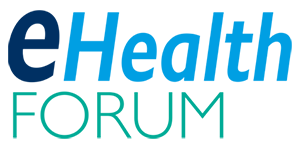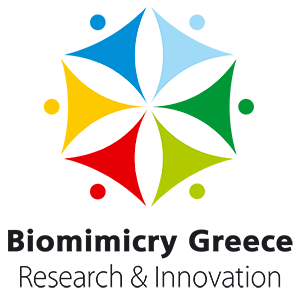HEALTH LITERACY improves our health and prosperity.
How e-health and digital tools can augment health literacy through the digital tools that are embeded in our daily routine? How through social media can we improve our knowledge on issues related to our personal health and the health of the people around us without burdening our already complicated daily routine?
How e-health and digital tools can improve Health Literacy, i.e. to enhance the health and well-being of people with low health literacy by using digital tools that are embedded in their everyday lives and thus without adding extra burden to their lives.
Nowdays, most people in the western world and beyond, use their smart phones or smart equipment to do most of their routine everyday jobs as well as entertainment. It is also documented that health literate patients have better health outcomes. Thus, it is a goal for our societies to improve health literacy, i.e. the knowledge to better understand what is needed for our well-being and good health. More or less, all of us are many times in our lives patients or informal carers of our our children, parents, siblings, and friends. Or, some are formal carers (health professionals). We change hats depending on the situation. Health literacy enables individuals to protect themselves, their family and their community. Informed patients and health literate citizens also cost less to the haelth systems. Our challenge is how to educate people to make them more health literate without adding an extra burden to their everyday lives? How by using normal everyday routines can we introduce new knowledge to them that will improve their lives?
- Effective health communication is key to the success of this goal.
- Simple digital skills, those needed to access your mobile phone, your FB account, your twitter are only required.
- Design and image are important for the span of attention
- Cell phones and electronic medical records are assumed as the next step to better health literacy
- Search engines are the first thing a patient would do to search information about a disease
- Which are the features in an app that will make a difference? There are many thousands of e-health apps in the market. Even if we assume that they are all good why do users change them all the time?


